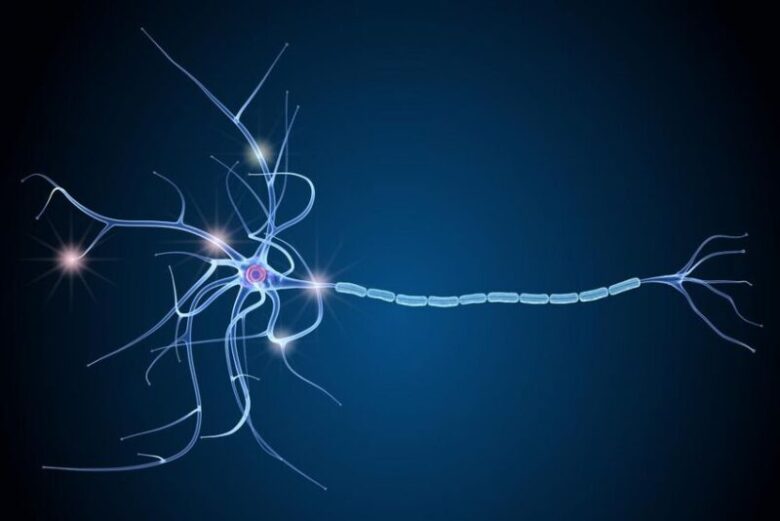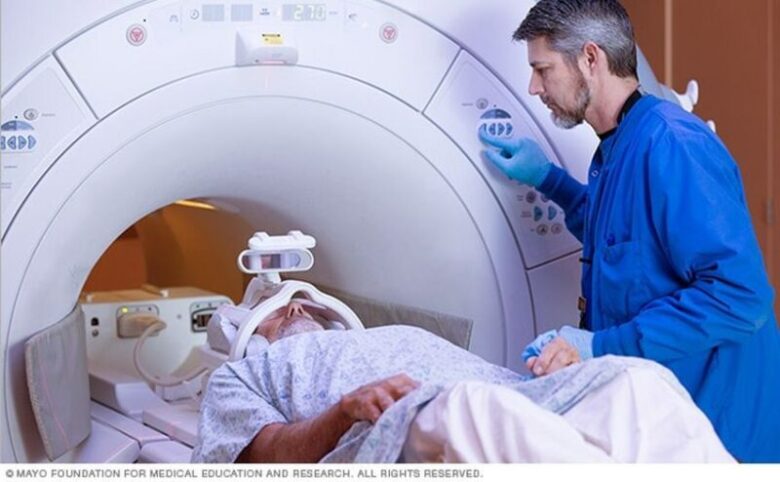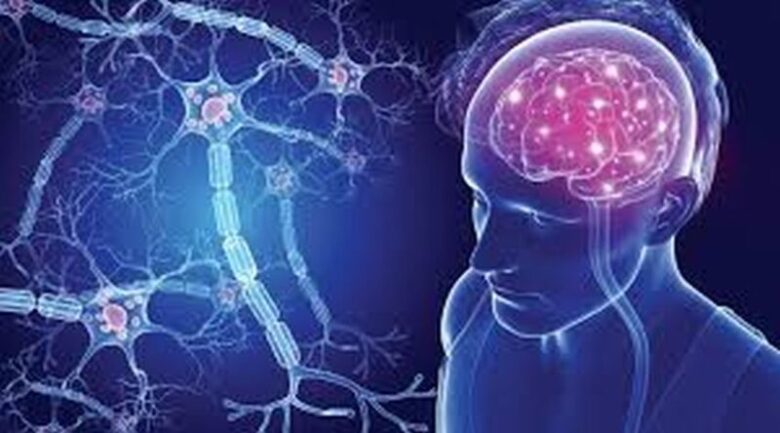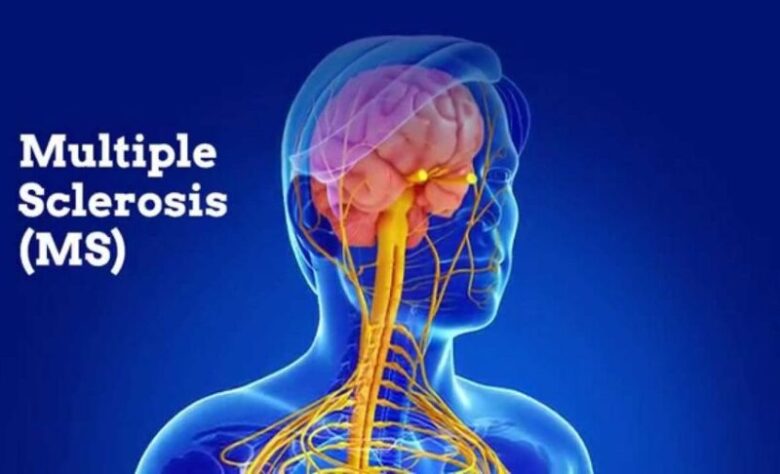Over the years multiple sclerosis has become a common condition amid people across the globe. It’s a kind of autoimmune disease wherein the body’s immune system mistakes its fiber nerves as foreign elements and starts attacking them. Although it majorly causes nerve damage, the pattern in what this happens differs from one person to another. Thus, every person who has multiple sclerosis also experiences a different set of symptoms.
Typically, there are four major types of multiple sclerosis conditions which are classified based on the progression of the disease and its exact stage.

- Relapsing-remitting – This is evident the most common type amid all. It is usually found in individuals aged between 20 to 30 years. In relapsing-remitting multiple sclerosis, an individual experience newer attacks or symptoms, which although subside with time, but relapse now and then.
- Primary progressive – This is a relatively rare condition and found most in individuals above the age of 40 years. In primary progressive multiple sclerosis, symptoms develop gradually and become worse with time. The scope of recovering here is very less.
- Secondary progressive s – This type usually develops as a progression to relapsing-remitting multiple sclerosis. Typically, in this type, the symptoms begin to occur very frequently, and there may or may not be any remissions.
- Progressive-relapsing – This is the rarest of multiple sclerosis conditions and very little is known about it to medical science. Symptoms of this condition typically show up frequently and get worse over time.
Determining the type of multiple sclerosis an individual has can significantly help both the physicians and the patients to understand their overall conditions, related symptoms, and possible treatments available with medical science to treat the problem.
Signs and Symptoms of Multiple Sclerosis
As stated above, multiple sclerosis is a unique condition wherein different people witness different types of signs and symptoms. This typically happens because the pattern in which nerve damage occurs in the body varies from one patient to another. However, many medical studies suggest that there are a handful of symptoms which are commonly experienced by all. These are as follows:

- Trouble walking
- Experiencing extreme pain in the muscles
- Feeling tired more than usual
- Witnessing a burning sensation
- Blurred or double vision
- Numbness and tingling
- Facing problem staying physically active
- Unable to concentrate or pay attention
- Poor bladder or bowel movement
- Loss of memory
- Getting into a state of depression
- Dizziness
Other symptoms associated with this condition, which are relatively less common are as follows:
- Facing difficulty in speaking
- Feeling tremors
- Experiencing occasional seizures
- Loss of hearing.
Many a time, people also witness symptoms that affect their movement. These include:
- Weakened limbs
- Numbness on one side of the body
- Electric shock-like sensations which get triggered with specific neck movements like bending the neck forward
- Unsteady gait
- Lack of coordination
Complications Associated with Multiple Sclerosis

Some individual who has this condition` also develop certain types of complications. These usually include the following:
- Muscle spasms
- Bladder and bowel problems
- Epilepsy
- Mood swings or mental changes
- Paralysis, generally in the lower body or legs
- Depression
- Forgetfulness
Treating Signs and Symptoms of Multiple Sclerosis

There are multiple ways to treat the condition. Some of them are as follows:
- Physical therapy: Most physicians recommend that physical therapies like stretching and strengthening exercises can help people with multiple sclerosis ease their symptoms.
- Muscle relaxants: Most people with this condition witness painful or uncontrollable muscle stiffness or spasms in their legs. Muscle relaxants can help a lot.
- Medications to reduce tiredness: Certain medicines like Tecfidera can be beneficial in reducing multiple sclerosis-related fatigues. Medications like selective serotonin reuptake inhibitors can help treat depression.
- Other medications: Physicians may also prescribe medications to treat symptoms like depression, insomnia and bladder or bowel movement problems associated with multiple sclerosis.


